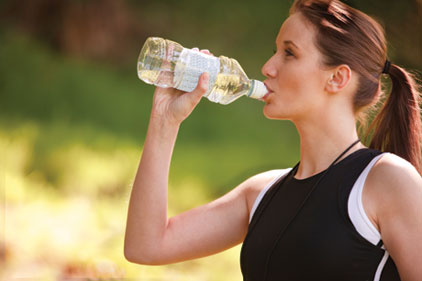The trial was conducted at 35C in 40% humidity and the athletes were compared to a placebo group, says Dr Cecilia Shing, who leads research into nutrition and exercise in health and chronic disease at the University of Tasmania.
Shing explained to the BioCeuticals Research Symposium in Sydney that probiotics have the potential to help improve immune function and maintain gut health during periods of intense exercise and exercise in hot environments. They could also help prevent fluid restriction during exercise.
Probiotics help improve heat tolerance and the research has implications for people working in high-temperature environments, she said.
"Probiotics help maintain physical work performance which could potentially help keep people alert in hot conditions and reduce heat-related illnesses."
Probiotics reduce inflammation and improve the gut-barrier function during extreme exertion, she said.
Shing's research, conducted in collaboration with scientists in England and Singapore, is under peer review before publication.
She says it has been known for some time that probiotics help reduce upper respiratory tract illnesses such as colds, benefit gut health and improve general wellbeing.
"They have even been linked to reducing depression and anxiety."
However, people should speak to a GP, dietician, naturopath or pharmacist before choosing a probiotic, she said.
"Some strains are beneficial for irritable bowel syndrome, others may help immune function and others could be more important for dietary issues like celiac disease and food intolerances.
"For general health and wellbeing, it would probably be appropriate to look for multi-strain probiotics.



